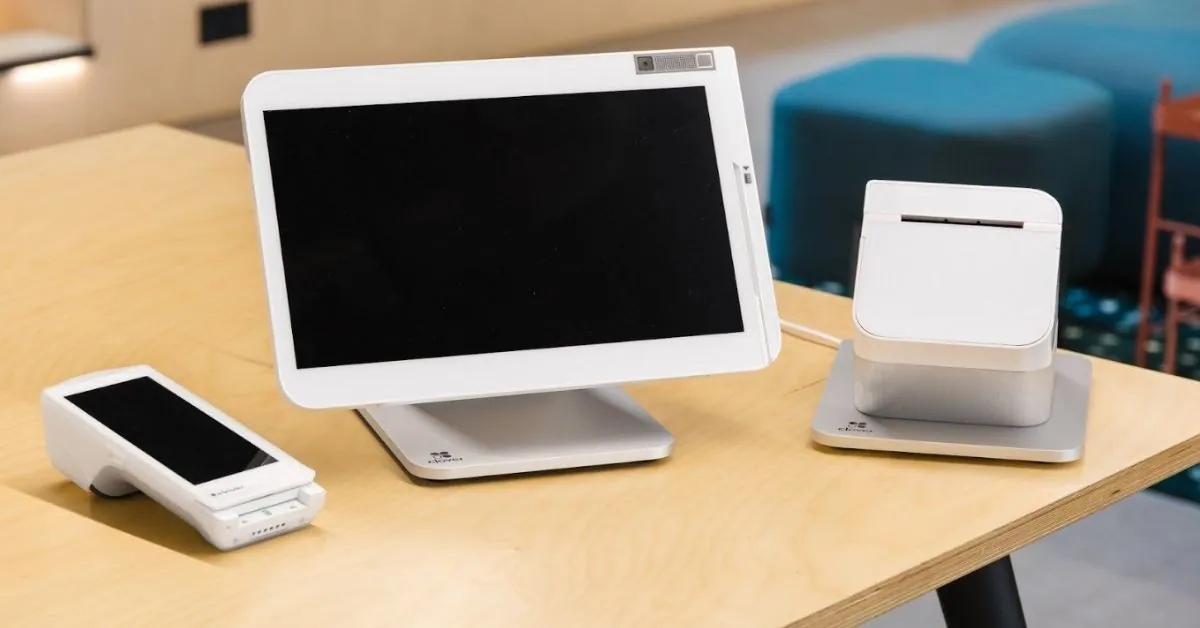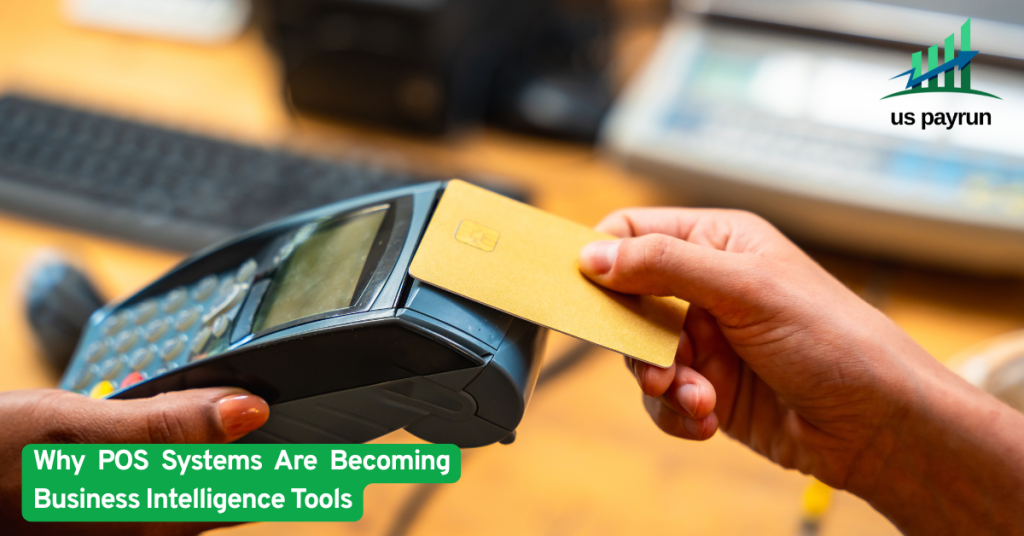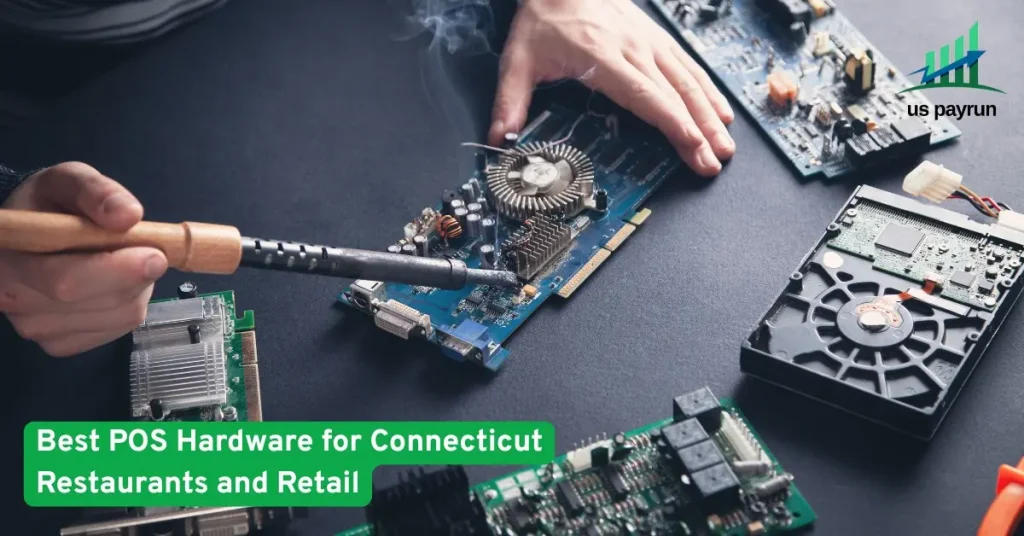
When it comes to managing the day-to-day operations of your small business, one of the most important tools you can have is Point of Sale (POS) software. Whether you’re running a retail store, a restaurant, or any other type of small business, the right POS system can streamline your sales process, enhance customer service, and improve your overall business efficiency. But with so many options available, choosing the right POS software can be overwhelming. In this guide, we’ll explore the key features to look for when selecting POS software, how it can benefit your business, and the important factors to consider to ensure you’re making the best decision for your needs.
What is POS Software and Why is It Crucial for Small Businesses?
POS software is a digital tool used to manage and process transactions in your business. It replaces traditional cash registers and helps you record sales, track inventory, manage customer data, and even analyze your business’s financial performance. For small businesses, a good POS system is essential because it helps streamline the checkout process, reduces human errors, and provides valuable insights into how the business is performing. Whether you’re selling products in a retail store or serving customers at a restaurant, POS software is key to maintaining smooth operations and delivering a better customer experience.
Key Features to Look for When Selecting POS Software
Choosing the right POS software depends on your specific business needs. However, there are several key features you should look for:
- Ease of Use: Your POS system should be easy to use and intuitive for both you and your staff. A complex system could slow down operations and lead to mistakes during transactions. Look for POS software with a user-friendly interface that requires minimal training to operate.
- Compatibility: Ensure that the POS system integrates well with your existing hardware, such as receipt printers, barcode scanners, and cash drawers. Compatibility with your business’s operating system (iOS or Android) is also crucial for a seamless experience.
- Payment Processing: A good POS system should support various payment methods, including credit cards, mobile payments (Apple Pay, Google Pay), and even cash. The ability to process payments quickly and securely is essential for providing efficient customer service.
- Reporting and Analytics: One of the greatest advantages of POS software is the ability to track your business’s performance in real time. Look for a system that offers robust reporting features, such as sales reports, inventory levels, and customer behavior insights, to help you make data-driven decisions.
How POS Software Helps Improve Business Efficiency and Customer Experience
POS software can significantly enhance the efficiency of your business operations. By automating various tasks such as inventory management and sales tracking, you free up time to focus on growing your business. It also ensures that your transactions are processed quickly, reducing wait times for customers and improving the overall shopping experience.
In terms of customer experience, POS software allows businesses to offer more personalized service. Many systems store customer purchase history, enabling businesses to recommend products based on past behavior. Additionally, integrated loyalty programs or promotions can help retain customers and drive repeat business.
Cloud-Based vs. Traditional POS Systems
When selecting a POS system, you’ll have to choose between cloud-based and traditional options. Here’s a breakdown of each:
- Cloud-Based POS: Cloud-based systems store your data online, making it accessible from any device with an internet connection. These systems are highly scalable, often come with automatic updates, and allow you to access your business’s data remotely. Cloud-based POS is ideal for businesses that want flexibility, scalability, and reduced upfront costs.
- Traditional POS: Traditional POS systems are typically hardware-based, with data stored locally on your devices. They require more significant upfront investment but offer more control over your system and data. Traditional POS is often preferred by businesses that operate in areas with unreliable internet connectivity.
For small businesses in the USA, cloud-based POS systems are often the better option due to their flexibility, lower cost, and ease of use.
Why is Security an Important Factor When Choosing POS Software?
Security should be a top priority when choosing POS software, as handling sensitive customer data is a responsibility that comes with every transaction. A secure POS system ensures that payment details, personal information, and transaction records are kept safe from cyber threats. Look for POS software that complies with industry standards such as PCI DSS (Payment Card Industry Data Security Standard) to ensure your system meets the necessary security requirements.
To ensure your system remains secure, it’s essential to choose a POS provider that offers regular updates, encryption, and fraud detection tools. Additionally, train your employees to follow best practices for data security, such as using strong passwords and restricting access to sensitive data.
How Does POS Software Integrate with Other Business Systems?
POS software should integrate with your other business systems to provide a seamless experience across all aspects of your operations. For example, integrating POS with inventory management software allows you to automatically update stock levels as items are sold, reducing the risk of stockouts or overstocking. Additionally, POS systems can sync with accounting software to ensure that your financial records are always accurate and up-to-date.
Many modern POS systems also integrate with CRM (Customer Relationship Management) tools, enabling you to track customer preferences and create targeted marketing campaigns.
Conclusion
Choosing the right POS software is crucial for the success of your small business. It’s not just about processing transactions. It’s about enhancing business efficiency, improving customer experience, and providing valuable insights into your business’s performance. By carefully considering factors such as ease of use, compatibility, security, and integration with other systems, you can choose a POS system that helps your business grow. Whether you opt for a cloud-based or traditional system, the key is to select a solution that aligns with your unique needs and goals.



